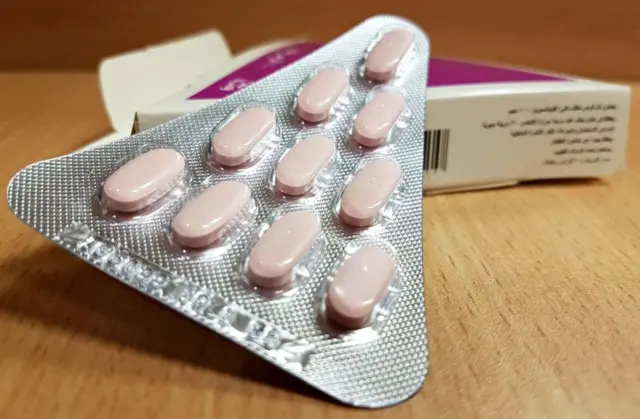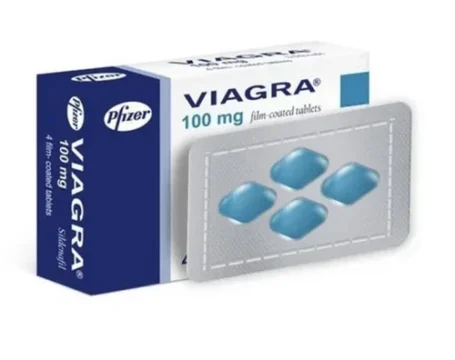- You have no items in your shopping cart
- Continue Shopping

Viagra For Woman, When it comes to addressing sexual health concerns, much of the focus historically has been on men, particularly with the introduction and widespread use of Viagra (sildenafil citrate) to treat erectile dysfunction. However, over the years, there has been growing recognition of sexual health challenges faced by women. This has led to the emergence of treatments and discussions centered on the concept of “Viagra for women.” In this article, we’ll explore what this term means, the science behind it, and the options available to women seeking solutions for sexual dysfunction.
What is “Viagra for Women”?
The term “Viagra for women” is a colloquial phrase used to describe medications or treatments aimed at addressing female sexual dysfunction (FSD). Unlike male sexual dysfunction, which is often linked to physical issues like impaired blood flow, female sexual dysfunction encompasses a broader range of issues, including:
- Low sexual desire (hypoactive sexual desire disorder or HSDD)
- Arousal difficulties
- Orgasmic disorders
- Pain during intercourse (dyspareunia)
The complexity of female sexuality means that solutions for women often involve addressing psychological, hormonal, and physiological factors simultaneously.
The Science Behind Female Sexual Arousal and Desire
For women, sexual desire and arousal are influenced by a combination of hormonal, neurological, psychological, and emotional factors. Hormones like estrogen and testosterone play a key role in maintaining libido and physical arousal. Additionally, neurotransmitters such as dopamine and serotonin in the brain impact sexual desire and satisfaction.
Women may experience reduced libido or sexual dysfunction for various reasons, including:
- Hormonal changes during menopause, pregnancy, or breastfeeding.
- Psychological factors like stress, anxiety, or depression.
- Relationship challenges or lack of emotional intimacy.
- Medical conditions such as diabetes, thyroid issues, or chronic pain.
FDA-Approved Options for Female Sexual Dysfunction
Unlike the male version of Viagra, which directly increases blood flow to the penis, treatments for women aim to enhance libido or address arousal by targeting different biological pathways. Here are two major FDA-approved options:
- Flibanserin (Addyi)
Approved by the FDA in 2015, Addyi is often referred to as “the female Viagra.” It is designed to treat premenopausal women with HSDD. Unlike Viagra, which is taken as needed, Addyi is a daily pill that works on neurotransmitters in the brain to balance levels of dopamine and serotonin.How it works: Addyi increases dopamine (which promotes desire) and decreases serotonin (which can inhibit desire).Limitations: Addyi must be taken daily, and its effectiveness can vary. It also comes with potential side effects like dizziness, fatigue, and nausea, especially when combined with alcohol. - Bremelanotide (Vyleesi)
Approved in 2019, Vyleesi is another treatment for HSDD in premenopausal women. Unlike Addyi, it is administered via a self-injection about 45 minutes before sexual activity.How it works: Vyleesi activates melanocortin receptors, which are thought to play a role in sexual arousal.Limitations: The medication can cause nausea, flushing, and an increase in blood pressure in some users.
Hormonal Therapies for Women
Hormonal imbalances can significantly impact a woman’s sexual desire and satisfaction. For women experiencing menopause or hormonal fluctuations, the following treatments may help:
- Estrogen Therapy
Vaginal estrogen creams, rings, or tablets can alleviate dryness and discomfort during intercourse. - Testosterone Therapy
Though not FDA-approved for women in the U.S., testosterone supplementation is sometimes prescribed off-label to boost libido in postmenopausal women. - Combination Therapies
Some women benefit from a tailored mix of hormonal treatments to address specific symptoms.
Natural Remedies and Lifestyle Changes
In addition to pharmaceutical options, many women explore natural remedies and lifestyle changes to improve sexual health:
- Regular Exercise
Physical activity boosts circulation and releases endorphins, which can improve overall sexual function. - Dietary Changes
A balanced diet rich in fruits, vegetables, whole grains, and healthy fats can support hormonal health. - Stress Management
Practices like yoga, meditation, and deep breathing can reduce stress and enhance intimacy. - Communication with Partners
Open conversations about desires, concerns, and expectations can strengthen emotional and sexual connections.
Addressing the Emotional Aspect of Female Sexuality
For many women, sexual satisfaction is closely linked to emotional well-being. Therapies such as cognitive-behavioral therapy (CBT), sex therapy, or couples counseling can address underlying psychological or relational issues contributing to sexual dysfunction.
Challenges and Criticisms of “Viagra for Women”
Despite the advancements, treatments like Addyi and Vyleesi have faced criticism for their limited effectiveness and side effects. Additionally, some critics argue that pharmaceutical companies may oversimplify female sexual dysfunction, reducing it to a biological problem while neglecting emotional and psychological factors.
The Future of Female Sexual Health
As research continues, new treatments for female sexual dysfunction are likely to emerge. Advances in understanding the brain’s role in sexual desire, as well as the development of personalized medicine, promise more effective and targeted solutions.
Final Thoughts
“Viagra for women” represents an important step toward addressing the often-overlooked issue of female sexual dysfunction. While current options may not be perfect, they highlight the need for continued dialogue, research, and innovation in this field.
If you’re experiencing sexual dysfunction, it’s essential to consult a healthcare provider to explore the underlying causes and find the most appropriate treatment for your needs. Women’s sexual health is complex, but with the right approach, it’s possible to find solutions that enhance both physical and emotional well-being.




